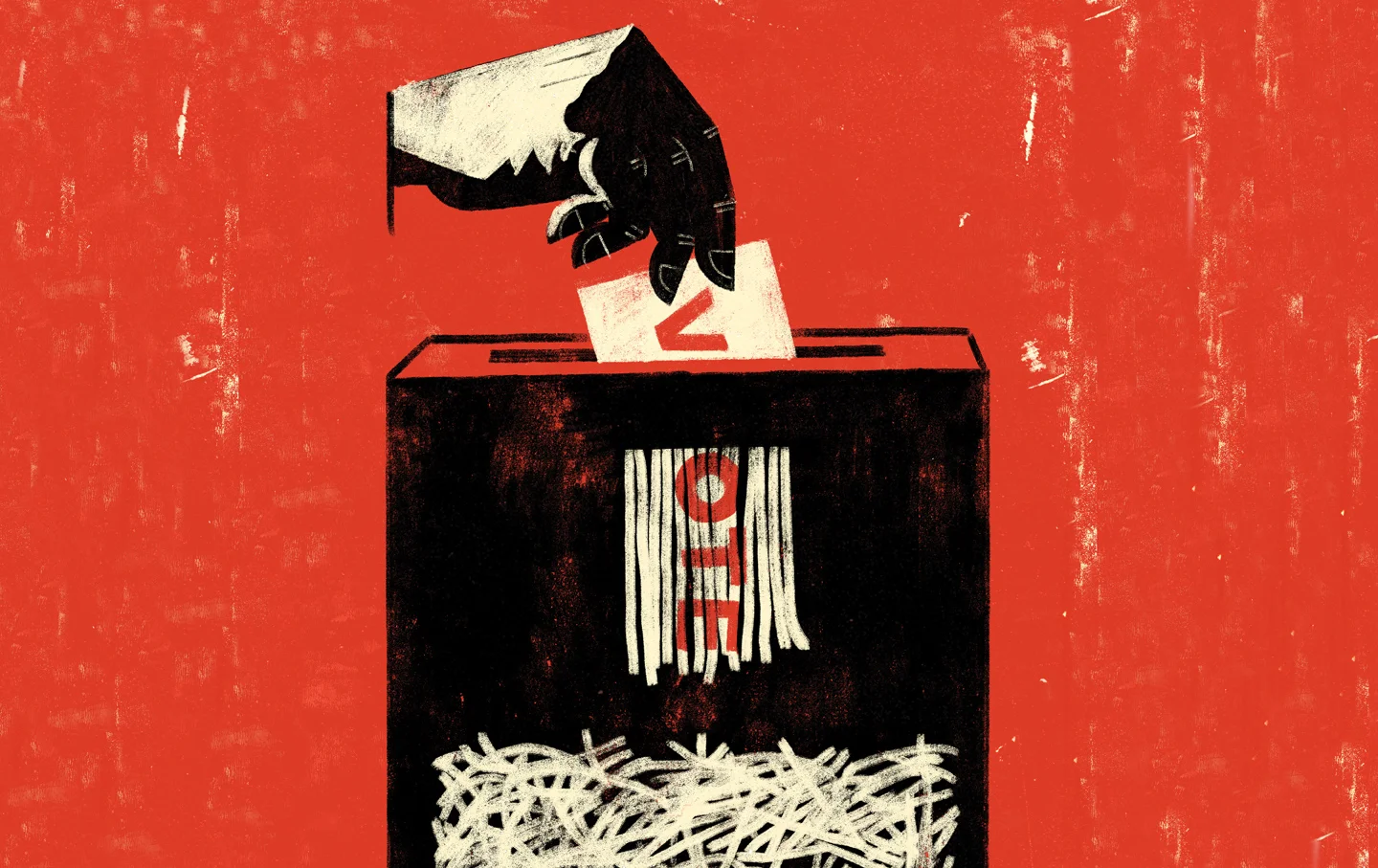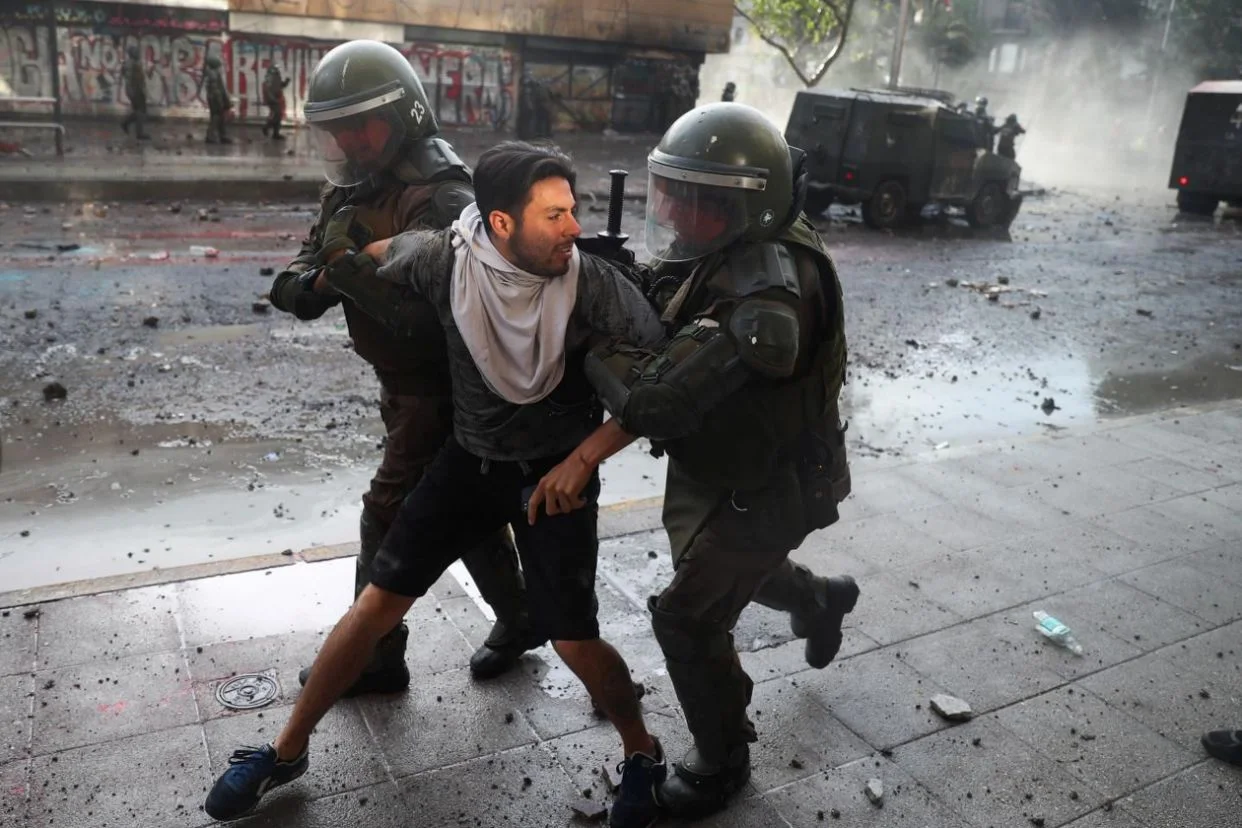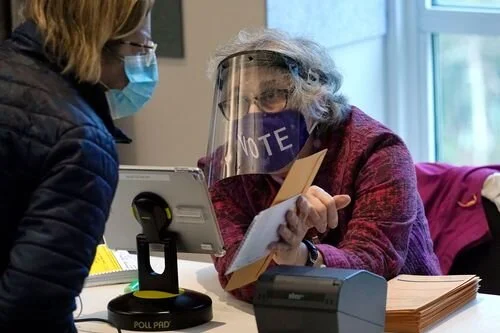U.S. Voter Suppression Disproportionately Harms Racial Minorities By Alma Jasencic
Voter suppression is a political weapon that disproportionately harms racial minorities and low-income people through state laws that place new restrictions on voting, such as photo identification requirements or being unregistered to vote if one does not vote within a prescribed period of time.
34 states have identification requirements, seven of which, require select forms of government identification. 25 percent of voting-age African-Americans do not have a government issued ID compared to 8 percent of white people of voting age.
Current efforts harken back to Jim Crow laws adopted following the Civil War. When white Southerners could no longer use violence to suppress voting, they turned to legal means to suppress electoral participation of racial minorities.
A recent study found that counties with a history of voter discrimination purged more voters from the rolls between 2016 and 2018 than counties without this history. Voting in Southern states is harder than Northern states.
Voting difficulty is also high in Midwestern states, a crucial component of Donald Trump’s presidential election in 2016. Trump secured upset victories in Wisconsin and Michigan by a fraction of a point in each contest.
A new constitutional amendment that “prohibits infringing on the right to vote by imposing any undue burden of proof of identity or proof of citizenship” was proposed by Rep. Eliot Engel (NY-16) in the House of Representatives this year. The measure is not expected to be ratified.
Alma Jasencic is a government and politics student at Utica College







